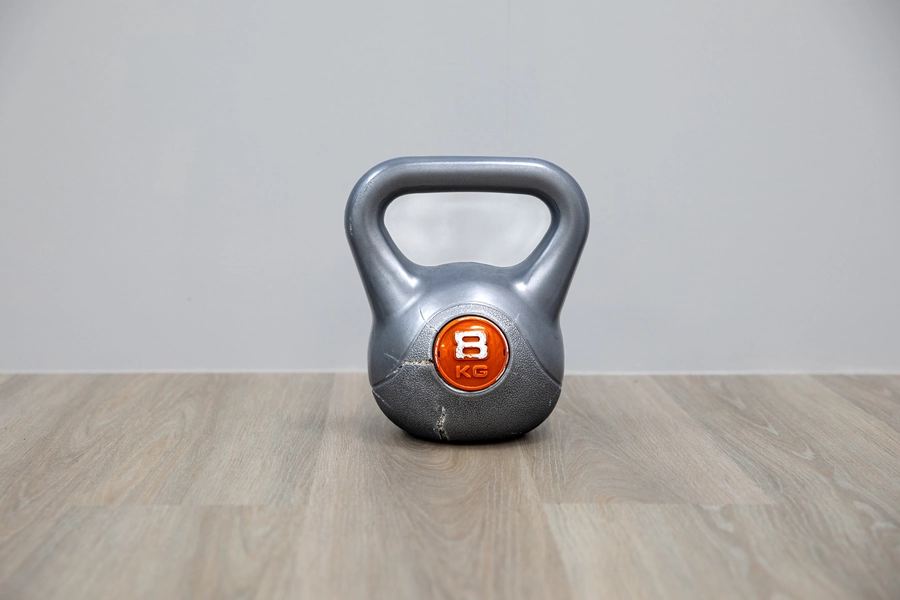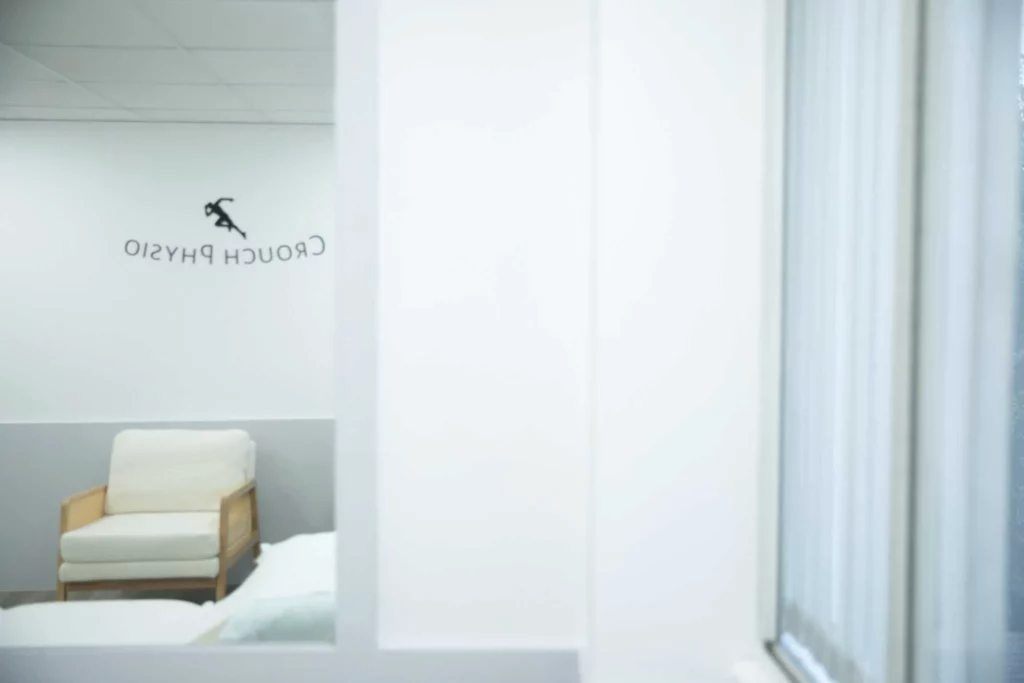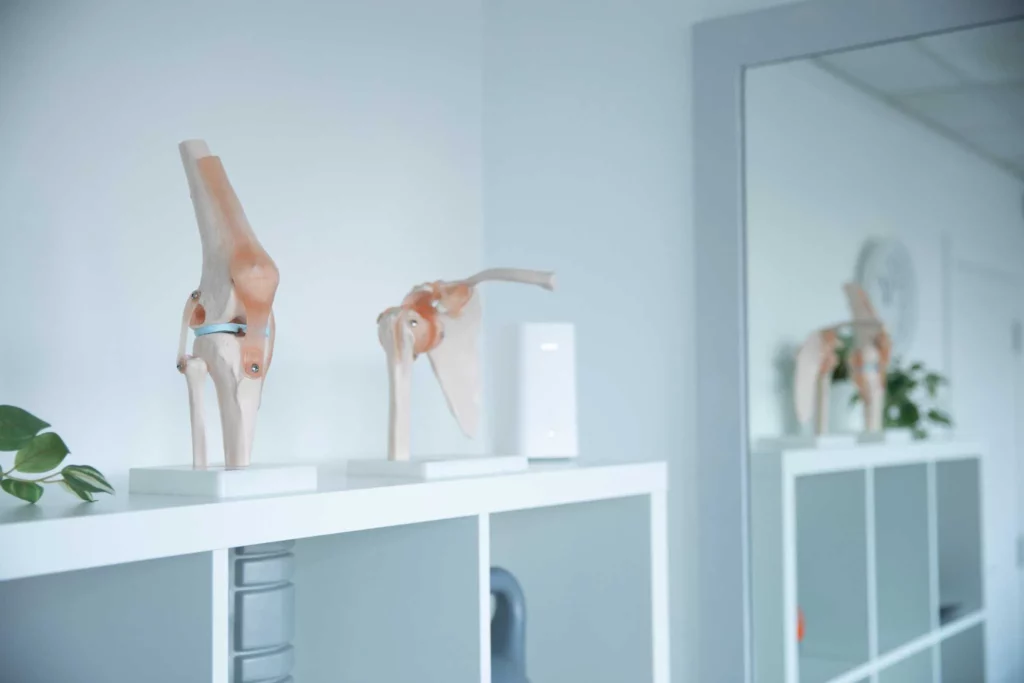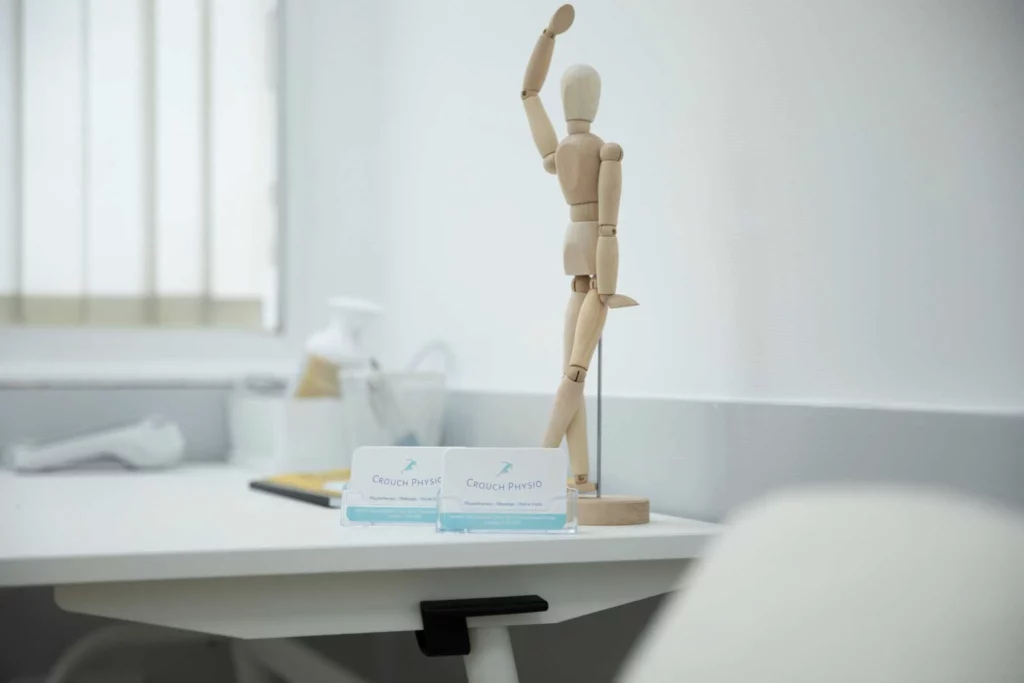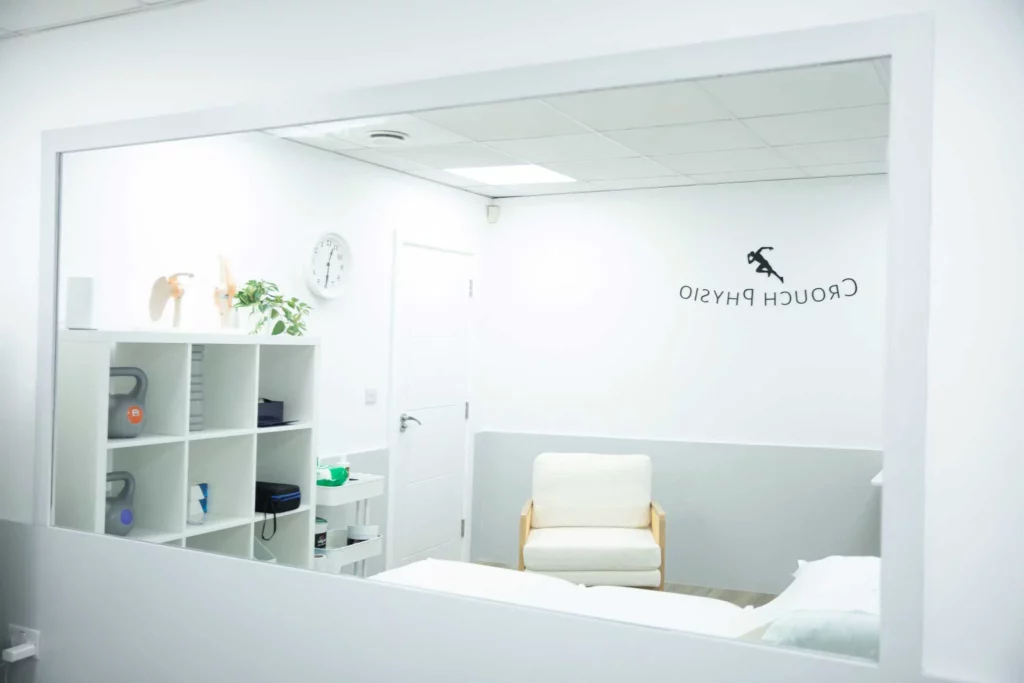Disc Related Issues
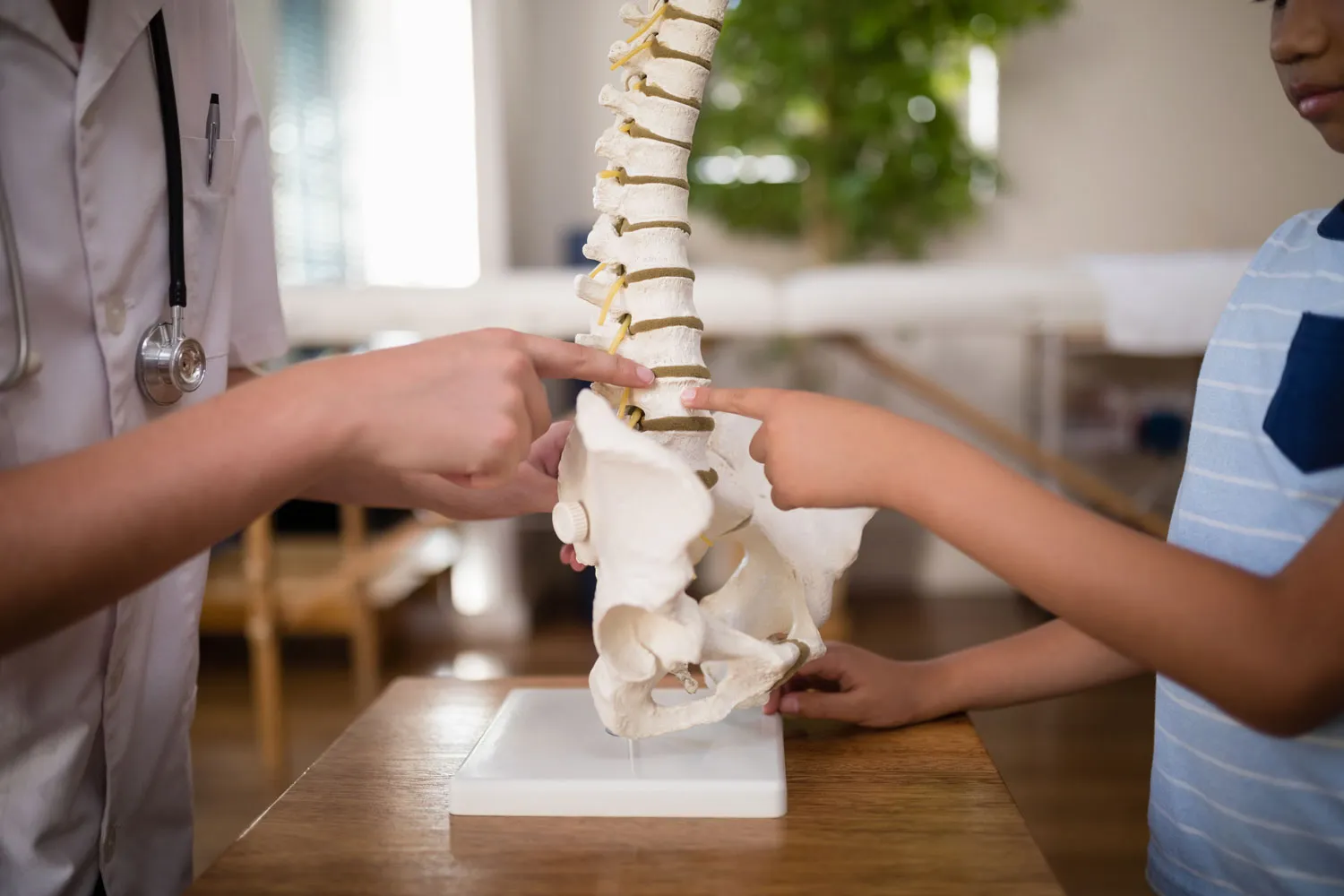
What is Disc Related Issues
Disc-related issues refer to problems involving the intervertebral discs, which are the soft, gel-like cushions located between the vertebrae of the spine. These issues can cause pain, stiffness, and other symptoms that affect mobility and quality of life. Common disc-related problems include disc herniation, degenerative disc disease, and disc bulge.
Causes
- Ageing: As people age, the discs naturally lose hydration and elasticity, making them more prone to damage and degeneration.
- Trauma or injury: A sudden impact or repetitive stress on the spine can cause disc herniation or bulging.
- Poor posture: Incorrect posture, especially during activities like sitting for prolonged periods or lifting heavy objects with improper technique, can increase the risk of disc-related problems.
- Genetics: Some individuals may have a genetic predisposition to disc degeneration or other disc-related issues.
- Obesity: Excess weight puts added stress on the spine, which can accelerate disc degeneration.

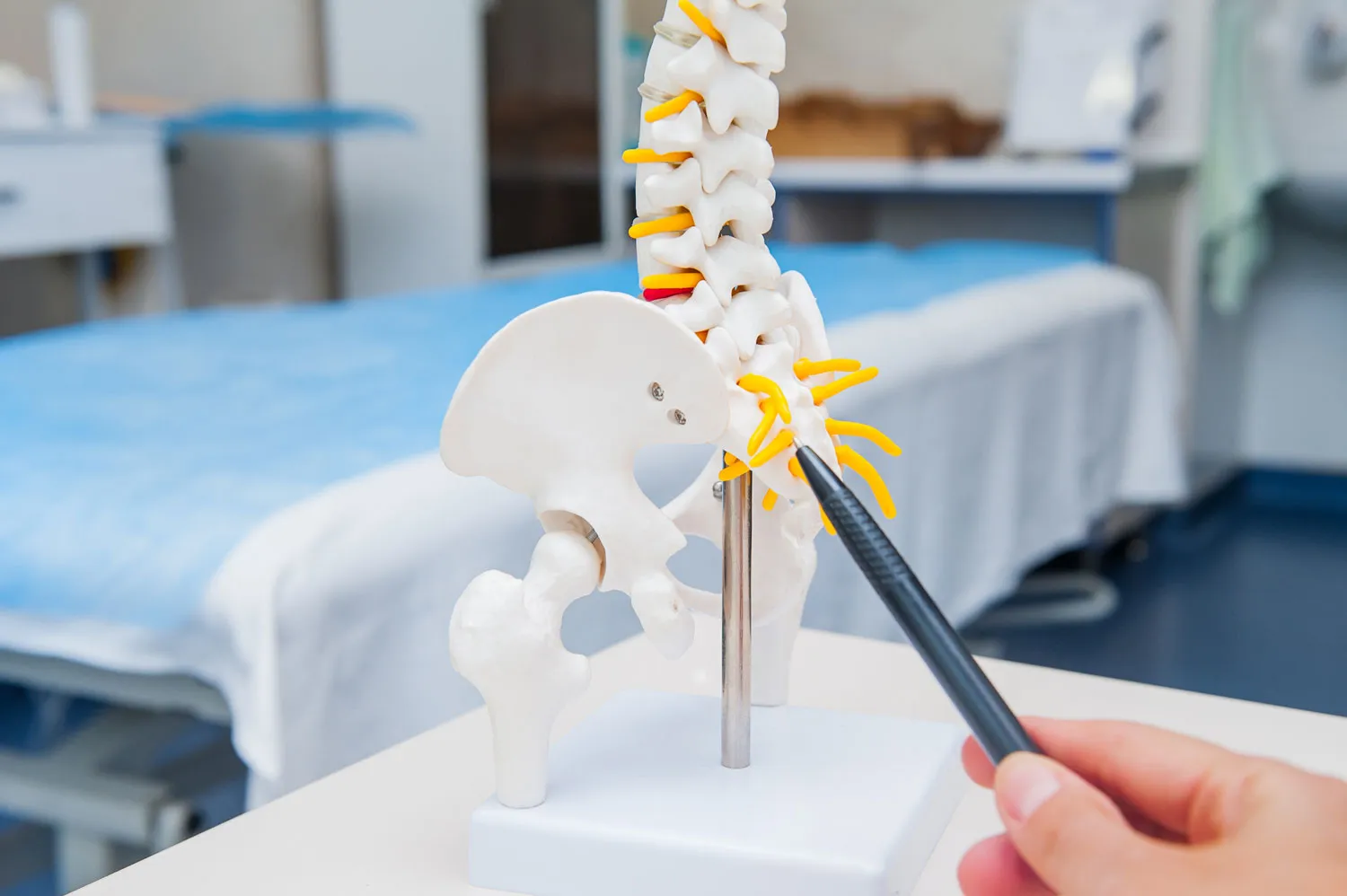
Assessment by a physiotherapist
- Medical history: The physiotherapist will review the patient's medical history, Including any past injuries or surgeries related to the spine.
- Physical examination: This involves assessing the patient's posture, range of motion, and neurological function to identify any signs of disc-related issues.
- Special tests: The physiotherapist may perform specific tests such as straight leg raise test, slump test, or nerve tension tests to determine the involvement of the nerves and discs.
- Imaging: In some cases, imaging tests like X-rays, MRI, or CT scans may be ordered to confirm the diagnosis and assess the severity of the disc-related problem.
Treatment Methods
- Manual therapy: This may include techniques such as spinal mobilisation, manipulation, or soft tissue massage to improve joint mobility and reduce pain.
- Exercise therapy: Tailored exercise programs focusing on strengthening the core muscles, improving flexibility, and correcting posture can help support the spine and reduce symptoms
- Education and advice: Providing guidance on ergonomics, proper lifting techniques, and lifestyle modifications can help prevent further damage to the discs and promote spinal health.
- Pain management: Techniques such as heat or cold therapy, electrical stimulation, or acupuncture may be used to alleviate pain and discomfort.
- Activity modification: Advising patients to avoid activities that exacerbate their symptoms and suggesting modifications to daily activities to reduce strain on the spine.
- In severe cases: When conservative treatments fail to provide relief, surgical Intervention may be considered, such as discectomy or spinal fusion. However, this is typically a last resort option.
Overall, a multidisciplinary approach involving physiotherapy, pain management, and patient education is crucial in effectively managing disc-related issues and improving the patient’s quality of life.
